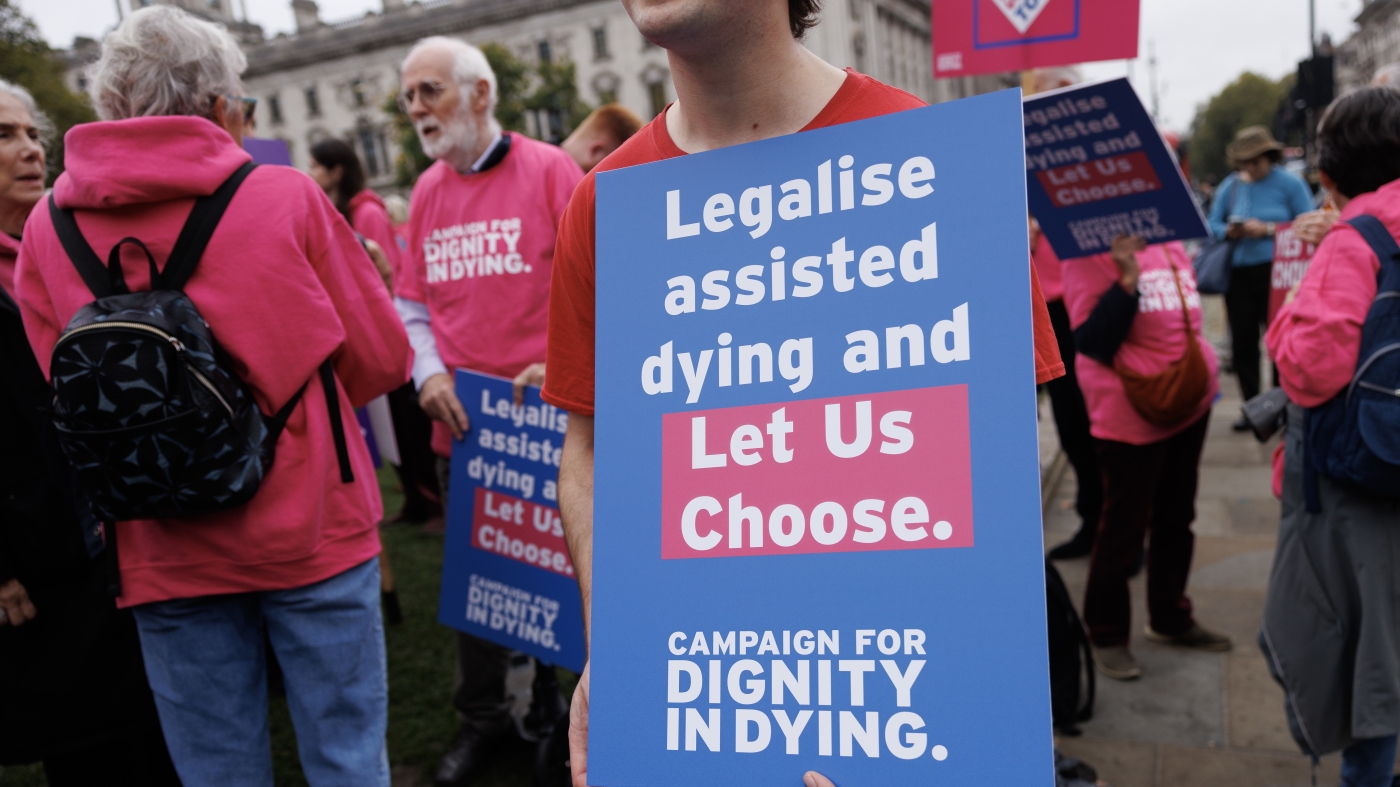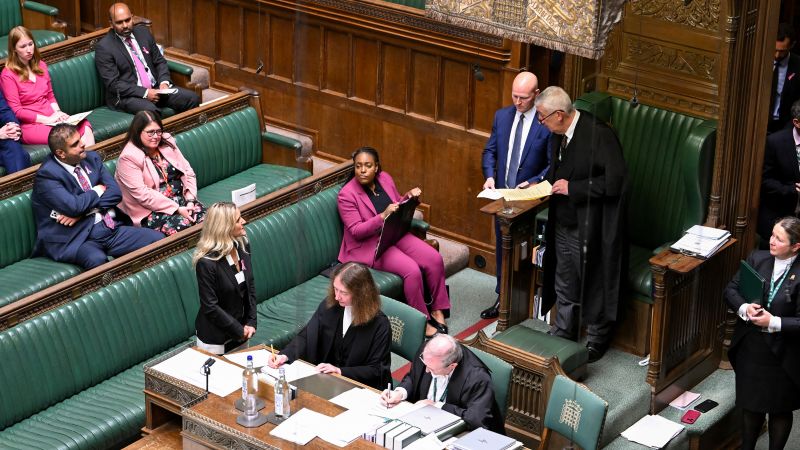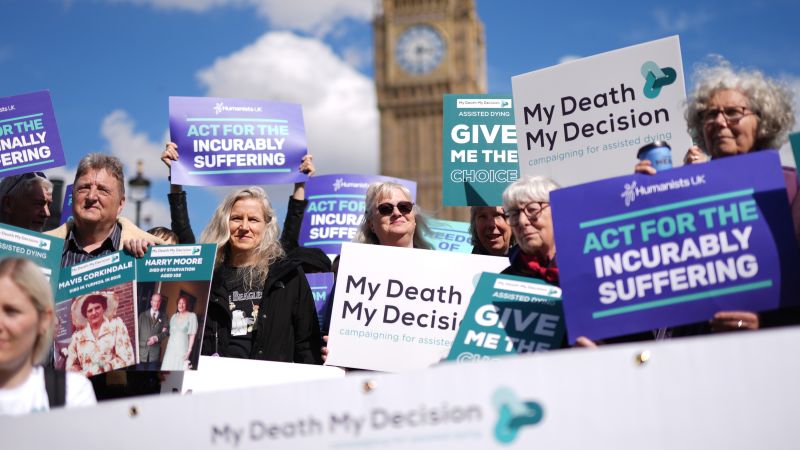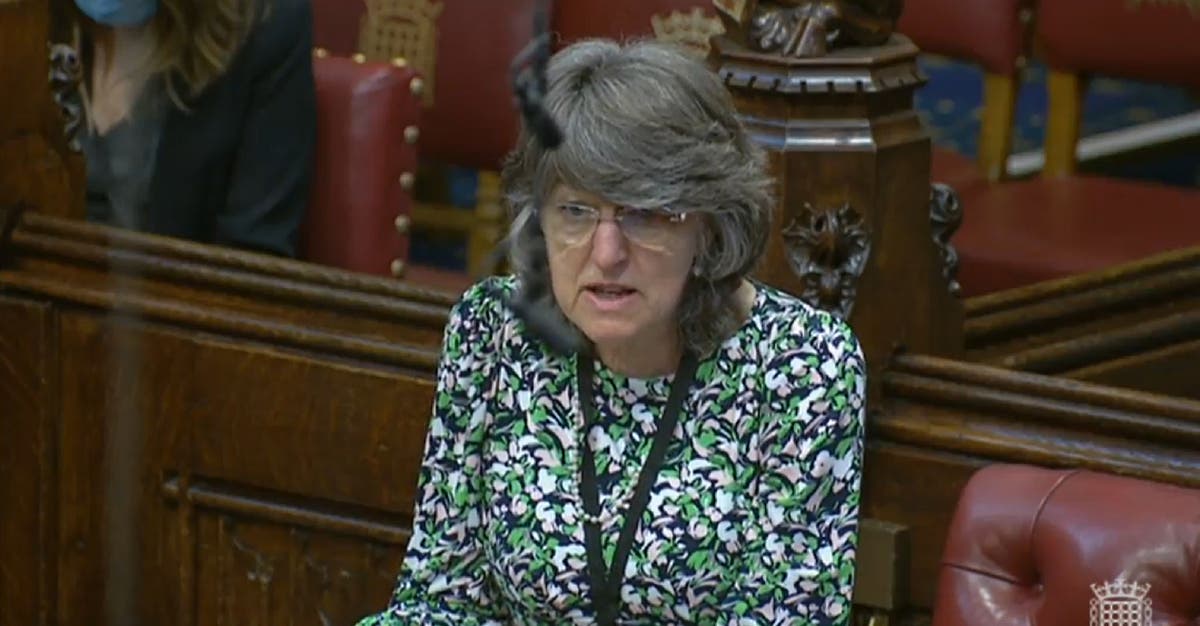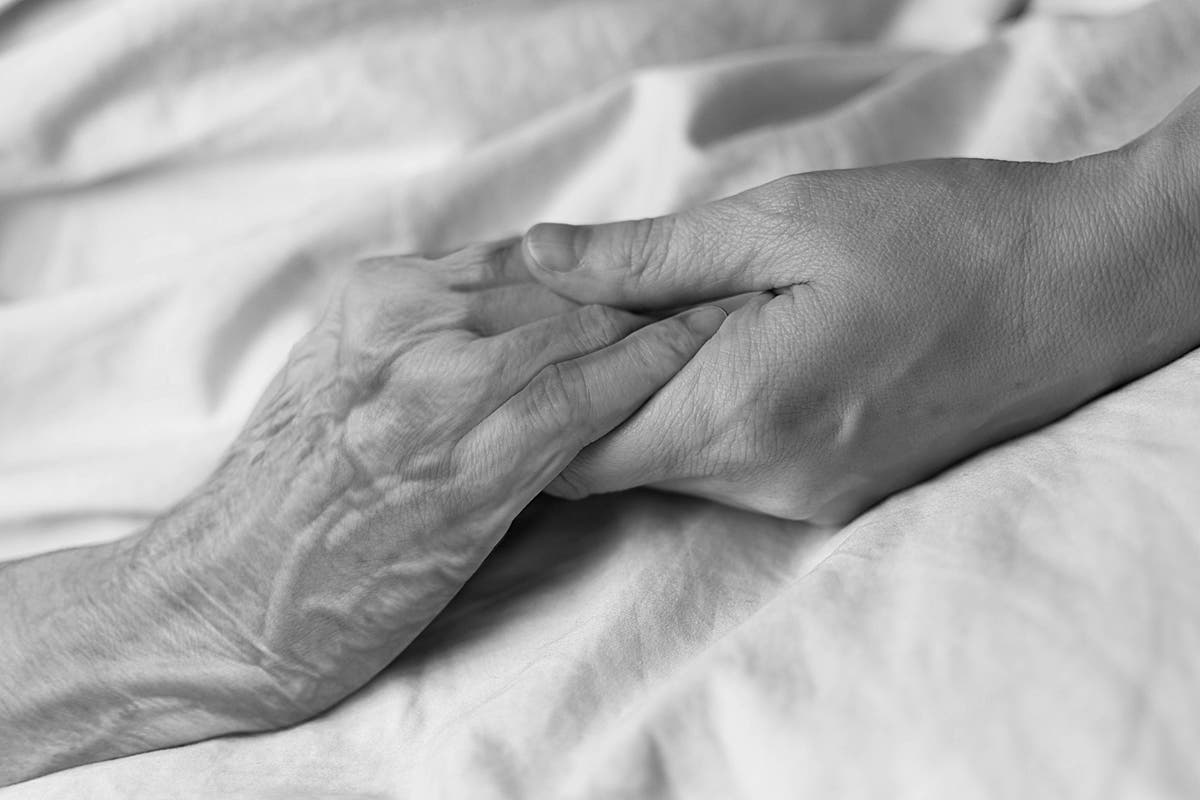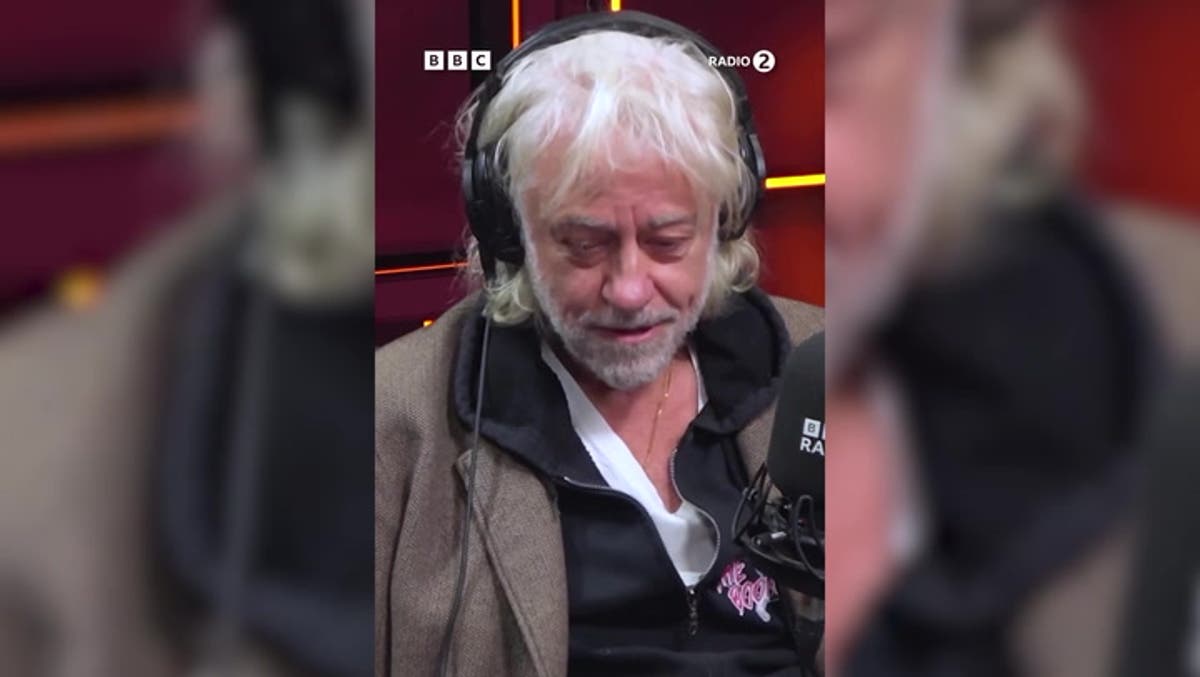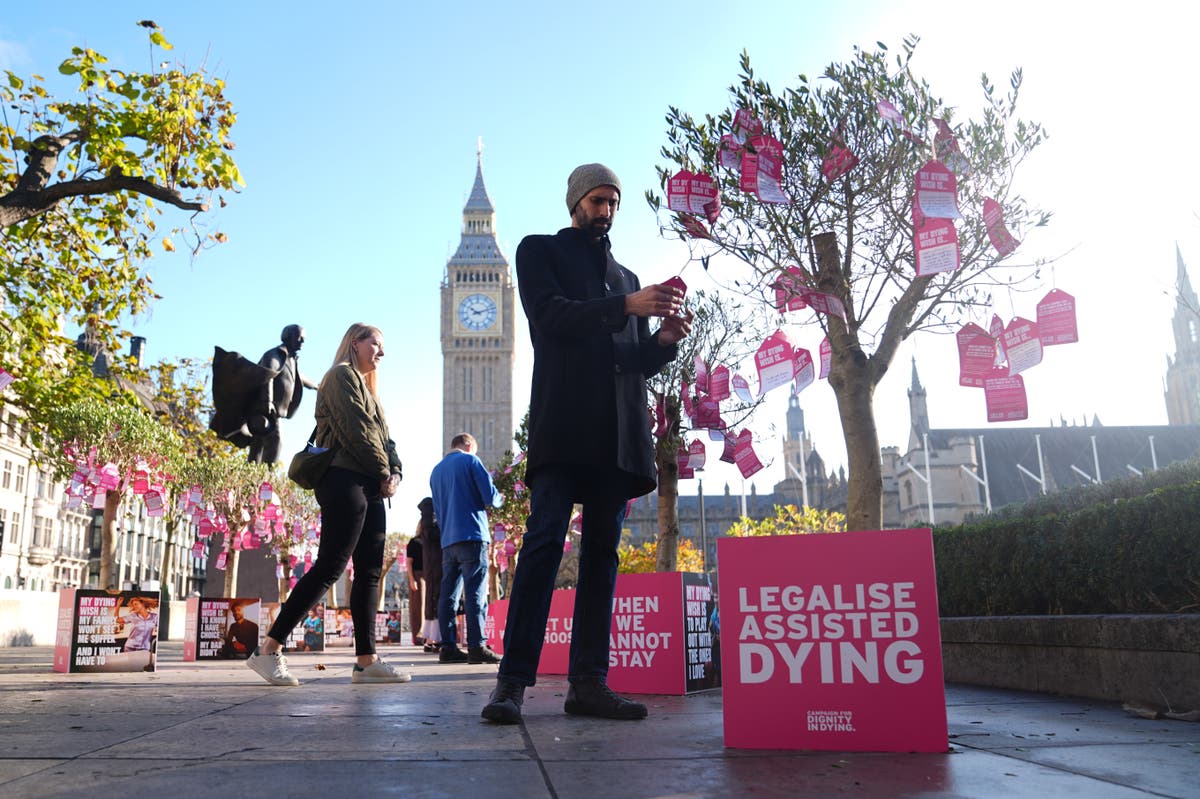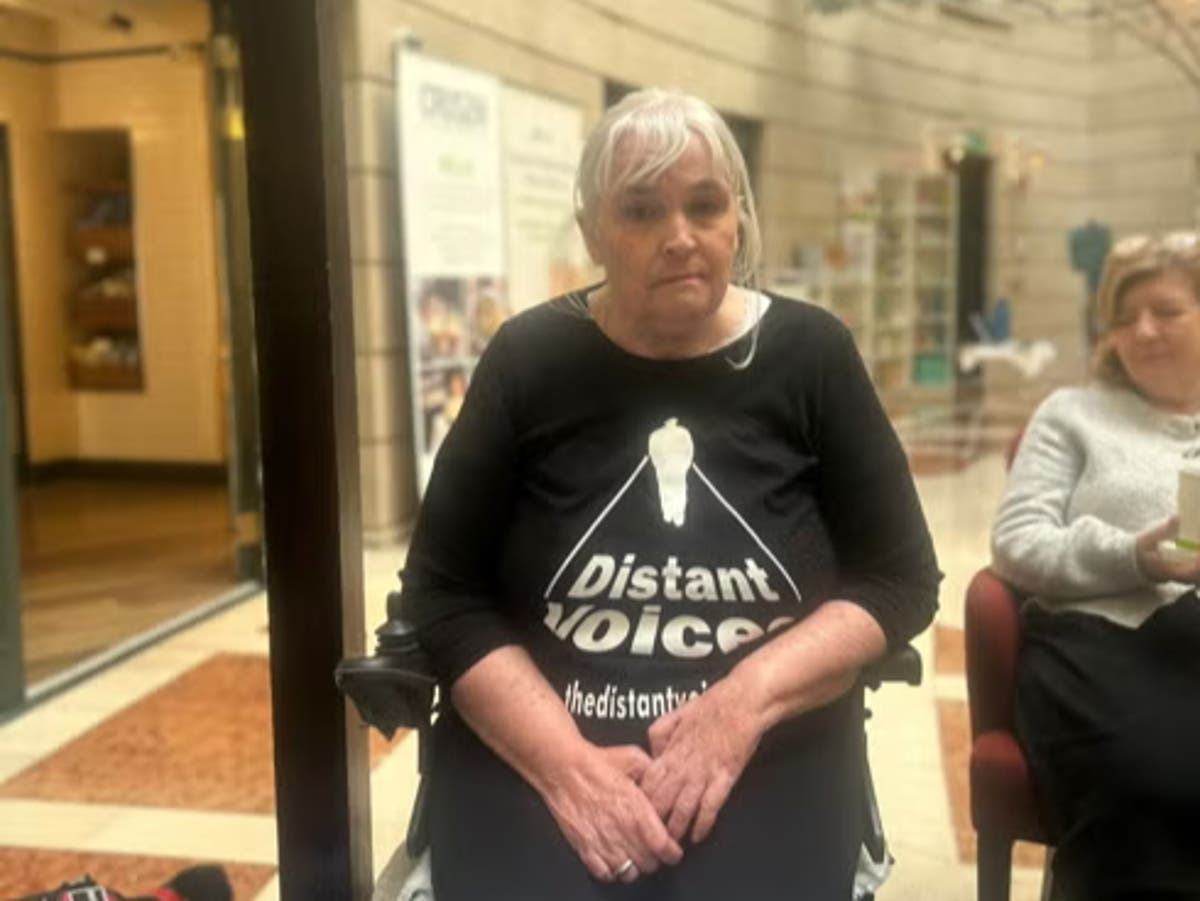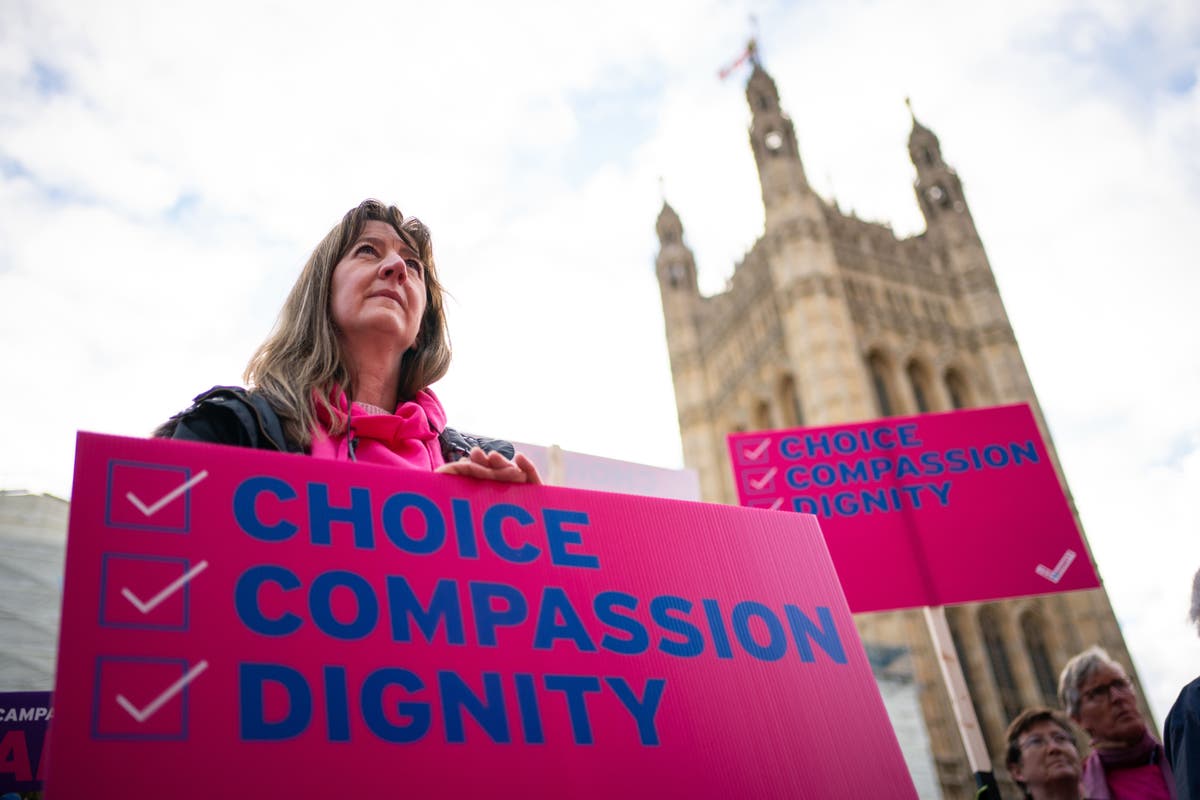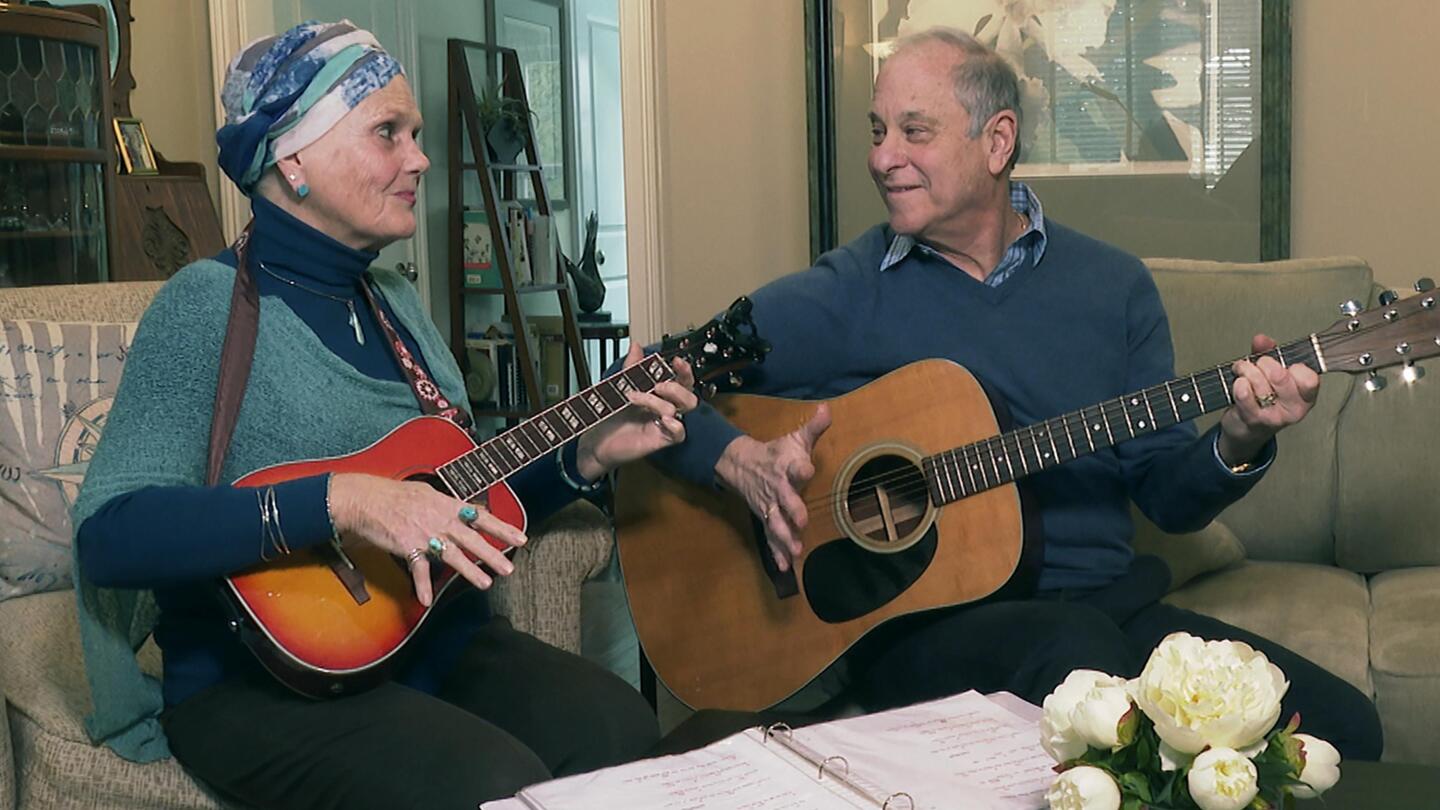
Conn. woman 1st non-Vermonter granted assisted suicide right
Associated PressMONTPELIER, Vt. — Lynda Bluestein has terminal cancer and knows she’ll likely die soon, but until Tuesday, she didn’t know if she’d be able to choose how or when and whether her family, friends and dog would be with her when the time comes. Bluestein’s settlement and pending legislation that would remove Vermont’s residency requirement offer a ray of hope to other terminally ill patients who want to control how and when they die but might not be able to cross the country to do so. Barnard, who specializes in hospice and palliative care and who has patients from neighboring New York state, which, like Connecticut, doesn’t allow medically assisted suicide, lauded the settlement and called on the Vermont Legislature to repeal the residency requirement. There is no good reason that non-residents should not be able to use Vermont’s medical aid-in-dying law that has eased the suffering of numerous terminally ill Vermonters since it took effect a decade ago,” Barnard said in a news release issued by Compassion & Choices, which filed the suit on behalf of Bluestein and Barnard and describes itself as a group that “expands options and empowers everyone to chart their end-of-life journey.” The Vermont attorney general’s office said it was pleased to have reached an agreement. Among them is Mary Hahn Beerworth, executive director of the Vermont Right to Life Committee, who said the practice “was, and remains, a matter of contention.” “To be clear, Vermont Right to Life opposed the underlying concept behind assisted suicide and opposes the move to remove the residency requirement as there are still no safeguards that protect vulnerable patients from coercion,” Beerworth testified before a Vermont legislative committee.
History of this topic

Health and legal experts among 73 academics to sign letter opposing ‘inadequate’ assisted dying bill
The Independent
Assisted-dying advocates’ claims of freedom have it backward, says Danny Kruger
The Economist
‘Palliative care could improve enough for assisted dying but concerns remain’
The Independent
New assisted dying bill will see hundreds of people a year take their own lives with the help of the state
Daily Mail
What exactly does the assisted dying bill mean for patients? We explain as terminally ill could be able to take their own life from next month
Daily Mail
Esther Rantzen-backed assisted suicide law would only allow terminally ill to end their lives with disabled and mentally ill people barred - and 14 years in jail for those who 'pressure' people into d
Daily Mail
Assisted dying unites Kemi Badenoch and Diane Abbott in fears over safeguards
The Independent
Assisted dying will be seen as cheaper option than caring for terminally ill, warn doctors
The Telegraph
TV star's heartfelt message to Americans about assisted dying
Daily Mail‘I’m dying, you’re not': Those terminally ill ask more states to legalize physician-assisted death
Associated Press
California's doctor-assisted deaths surged 63% to 853 last year: critics say state law is unconstitutional, has made it too easy to get lethal drugs, and 'steers' disabled people to suicide
Daily MailThe ACT's proposed voluntary assisted dying laws have yet to be introduced, but could be the most liberal in the country
ABC
The story of my mother-in-law's assisted suicide
LA Times
Vermont allows out-of-staters to use assisted suicide law
Associated Press
Disability groups claim California's assisted suicide law discriminates against them
NPR
Vermont advances nonresident medically assisted suicide bill
Associated Press
‘It’s meaningful work’: The doctor who performs euthanasia in Canada — and the doctor who refuses
The Independent
Woman sues over residency requirement for assisted suicide
Associated Press
Canadian woman, 31, who applied for assisted suicide pauses request after well-wishers donate $65k to her
The Independent
Swiss assisted suicide clinic where Arizona sisters died faces legal threat from family of another US woman
The Independent
Advocates hopeful assisted suicide bill passes this year
Associated Press
The debate around assisted dying needs clarity if we are to progress
The Independent
The case against medical aid in dying: Insurance firms, doctors and Hollywood among those accused of pushing ‘assisted suicide’
The IndependentDiscover Related





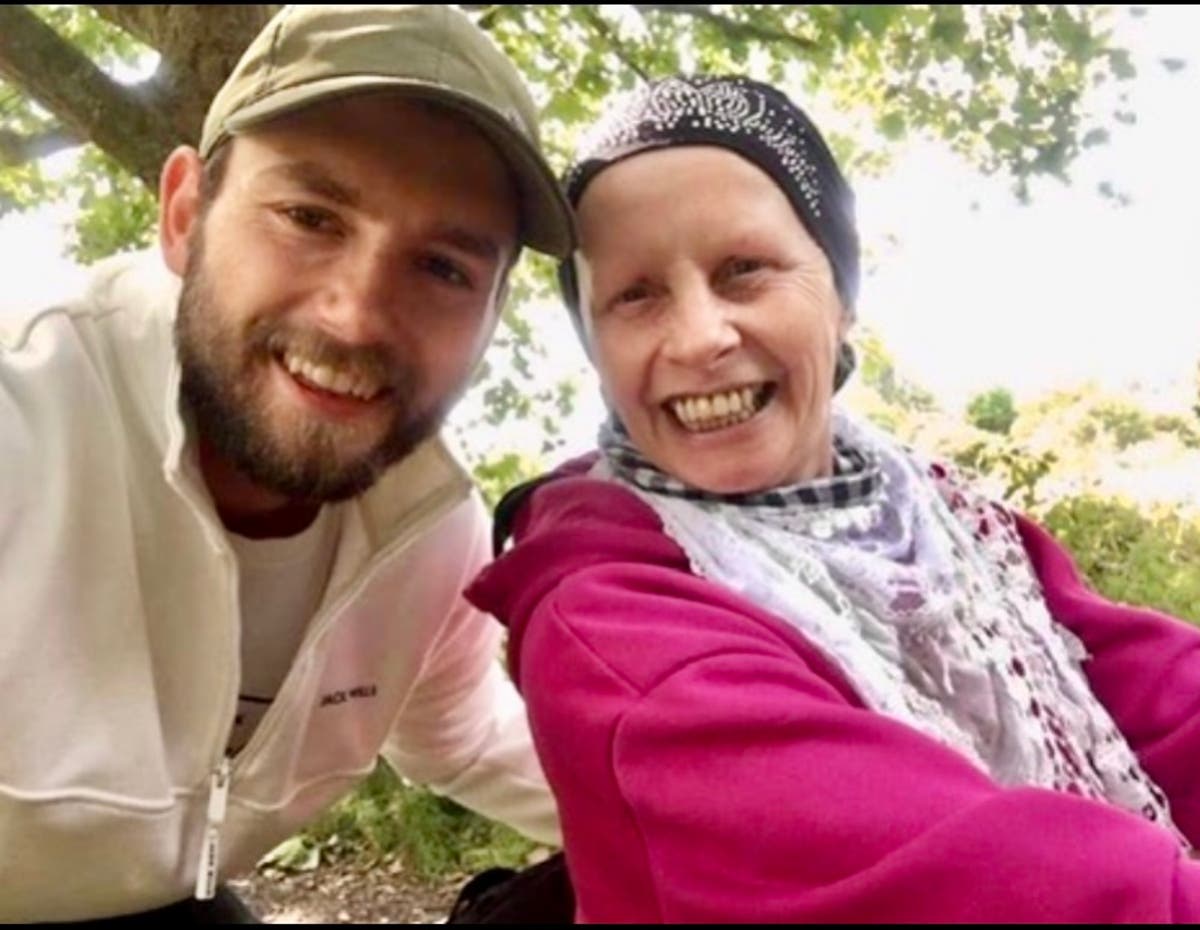



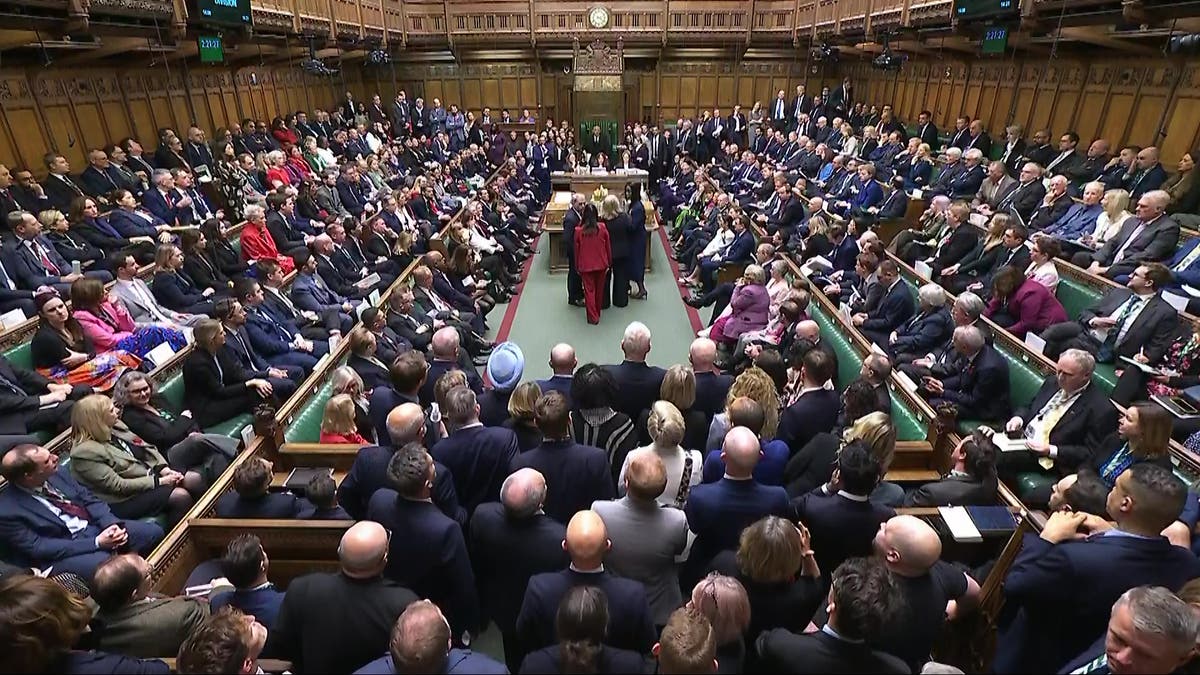
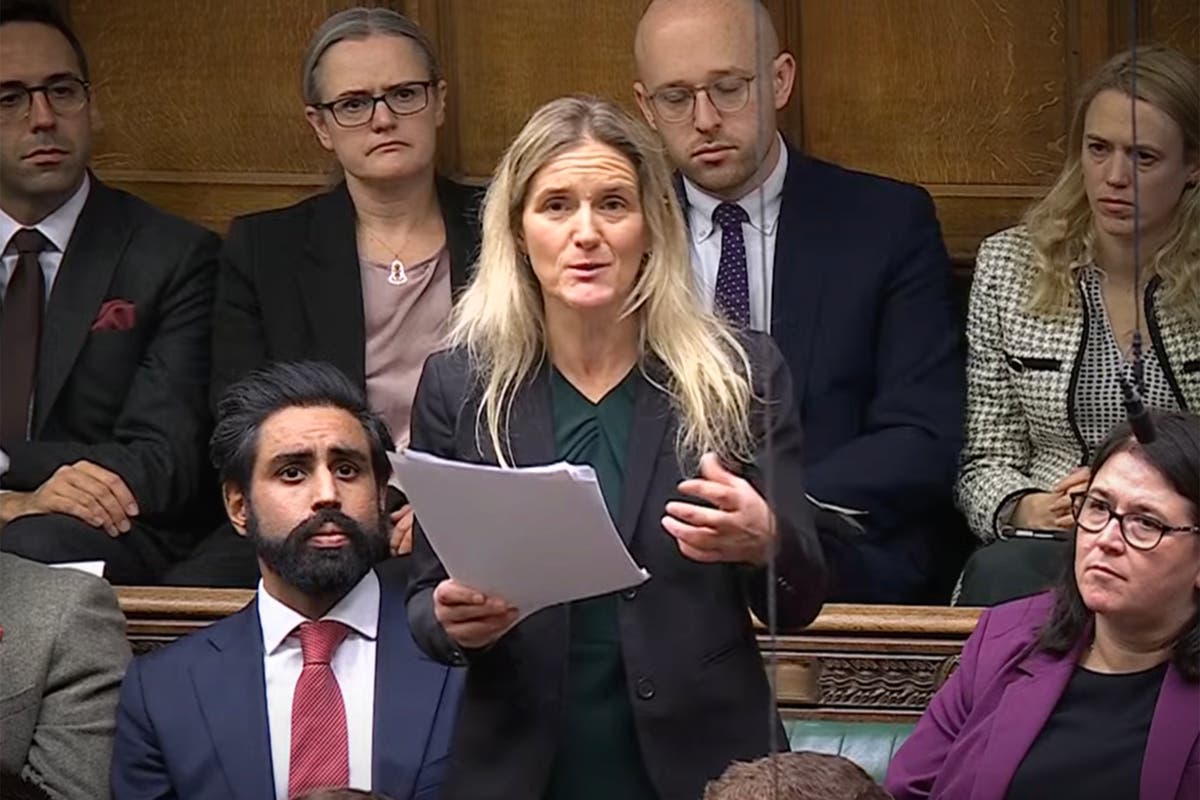
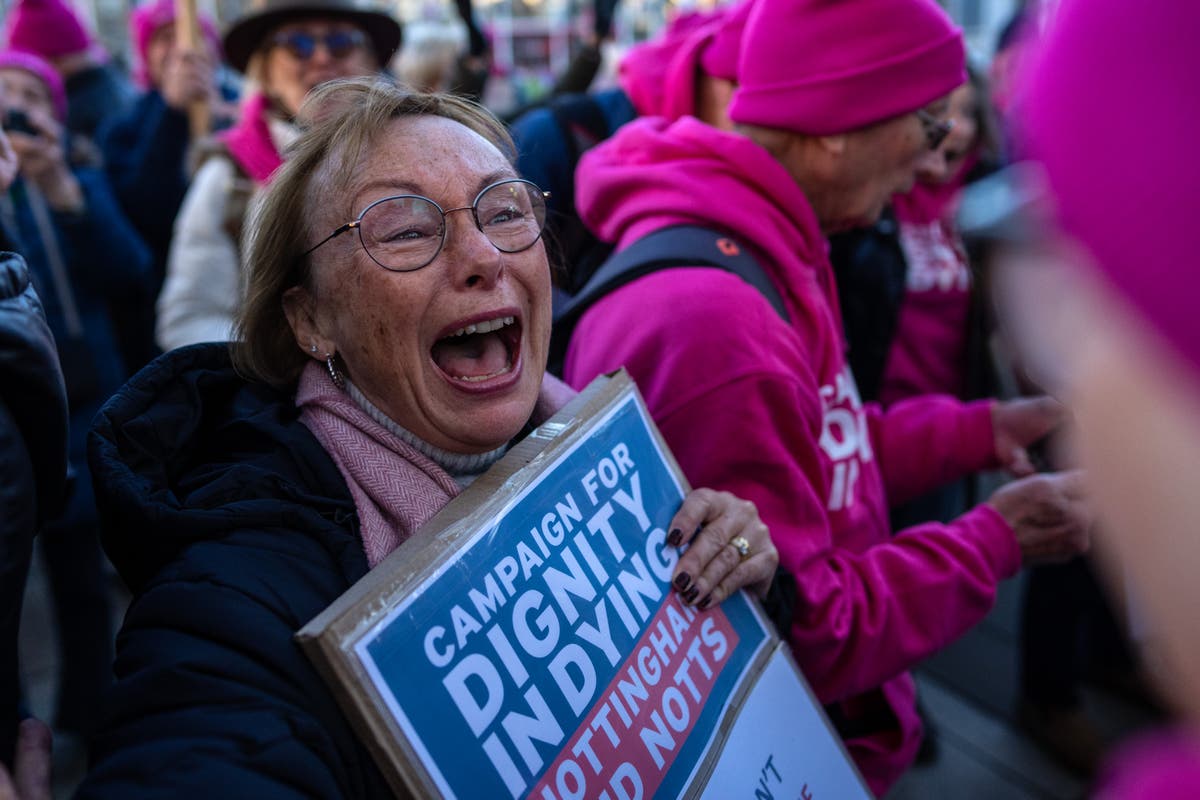

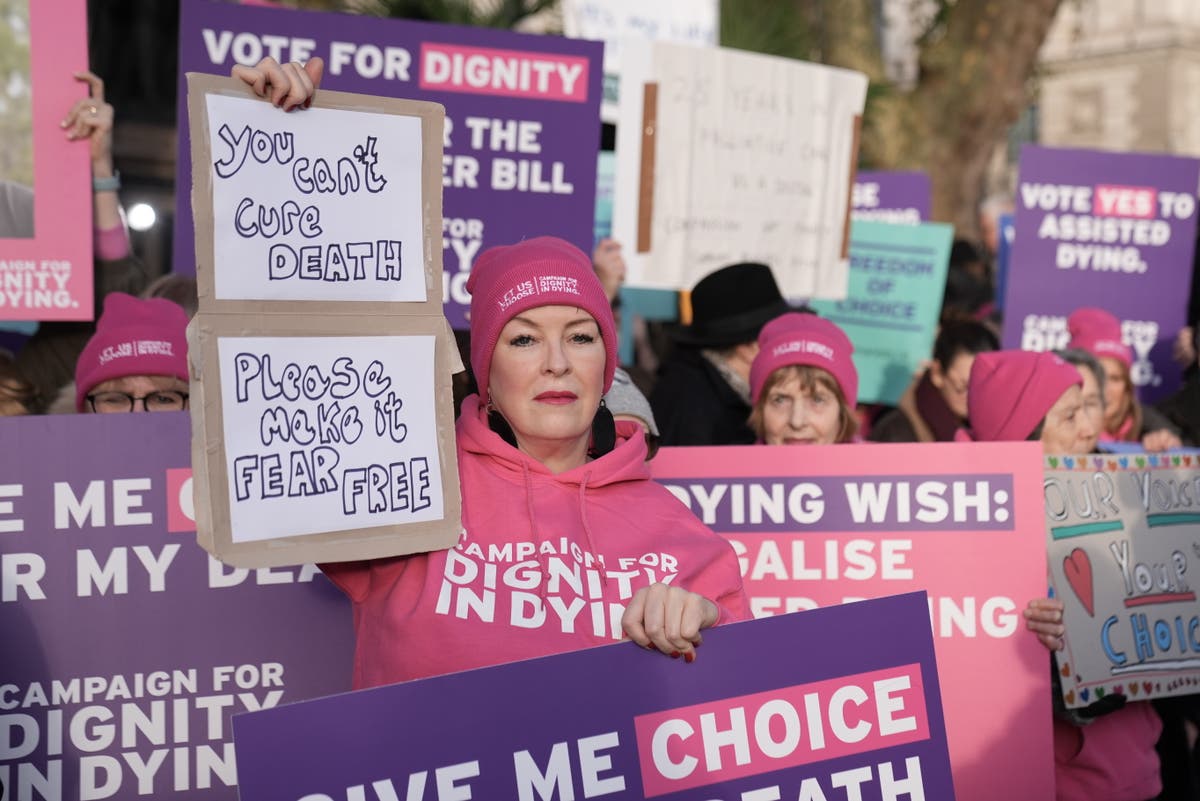

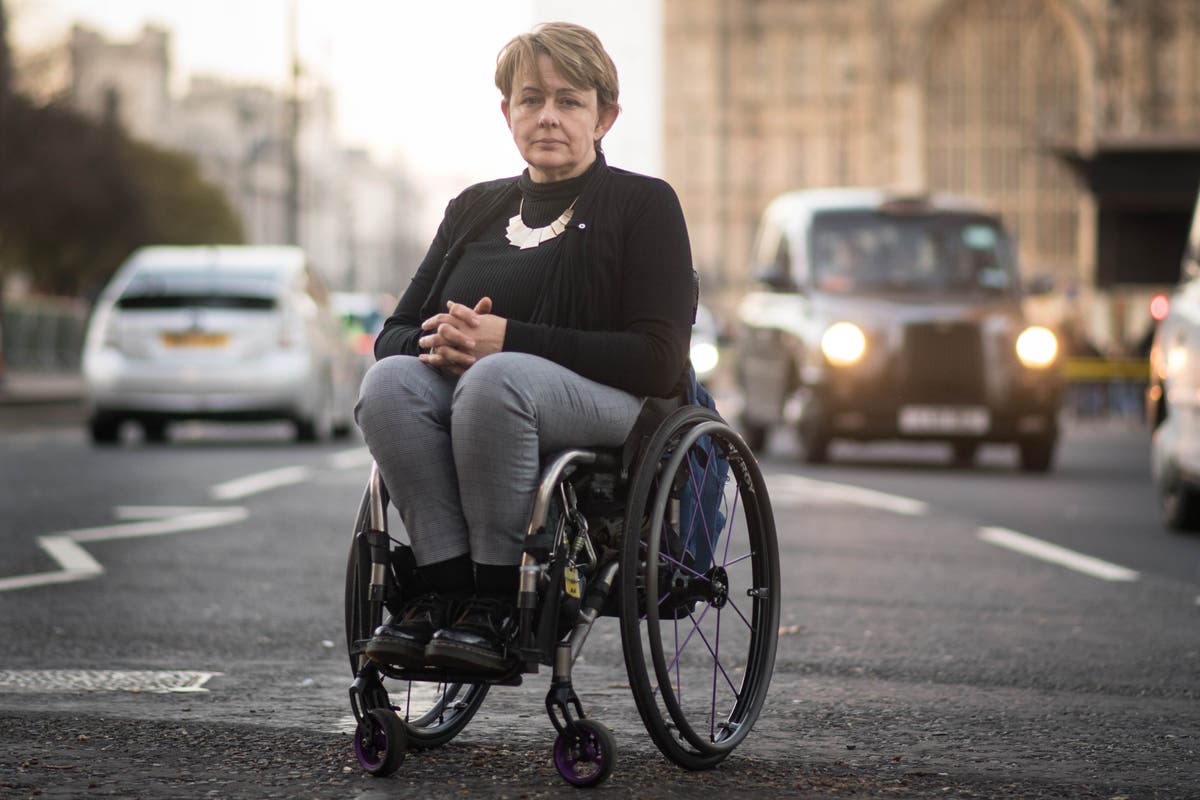



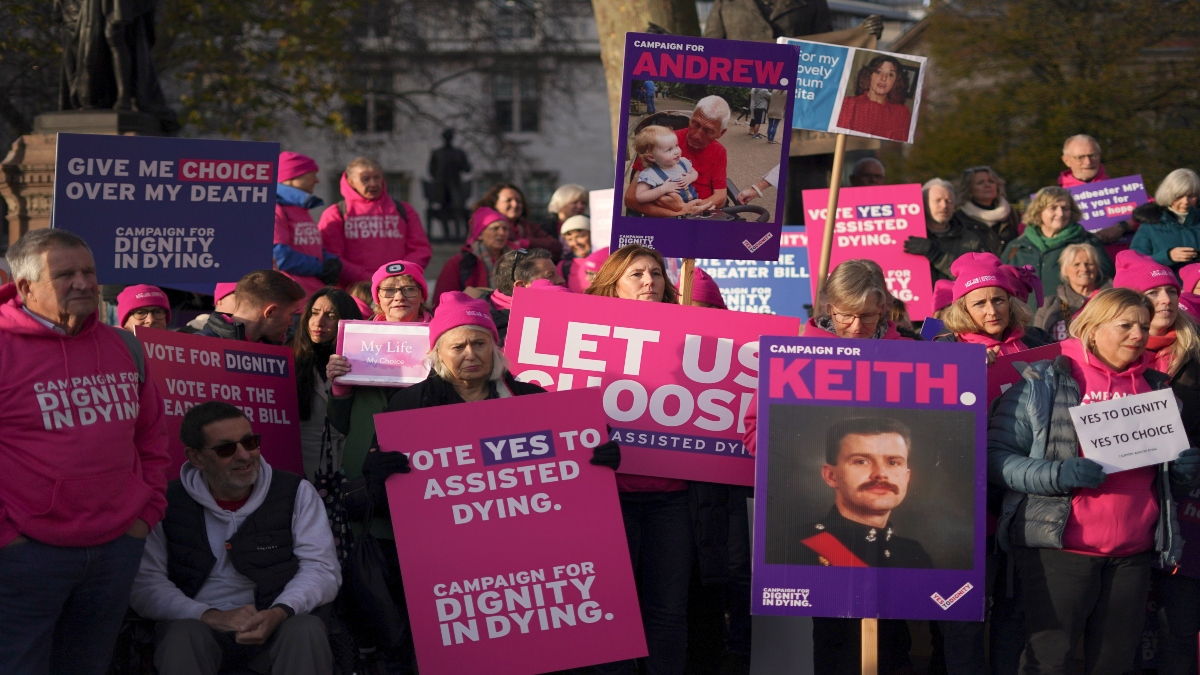)

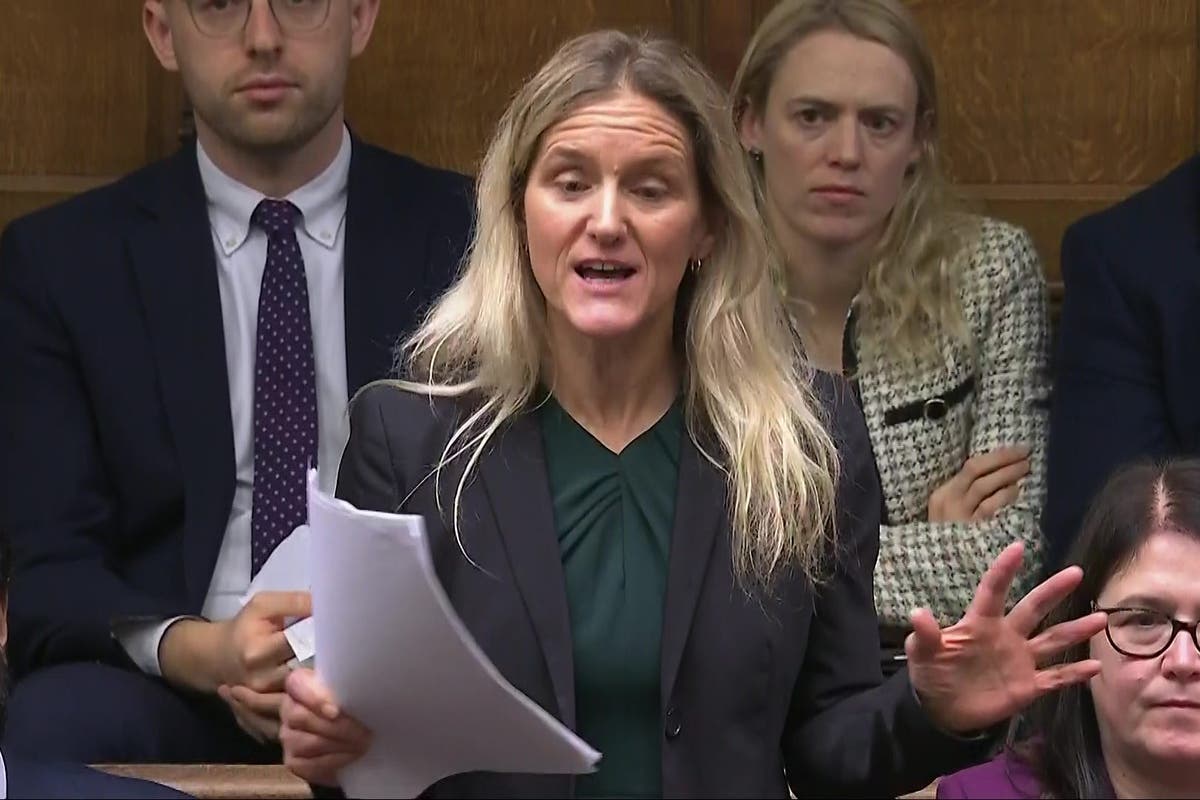

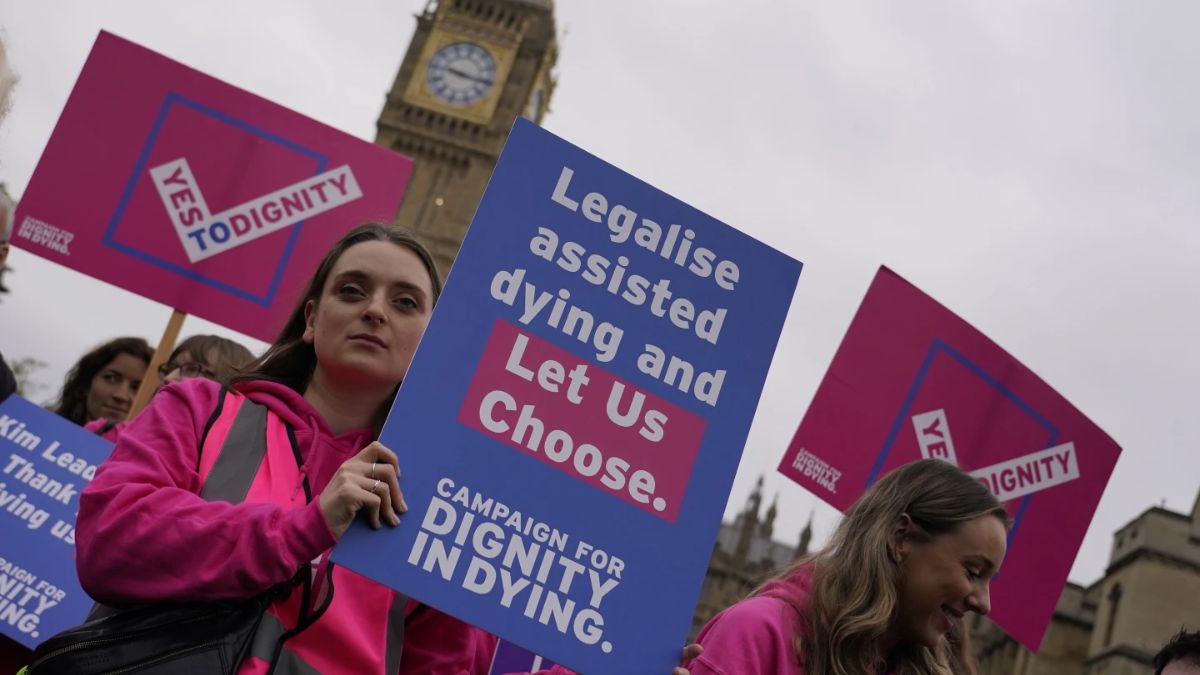)

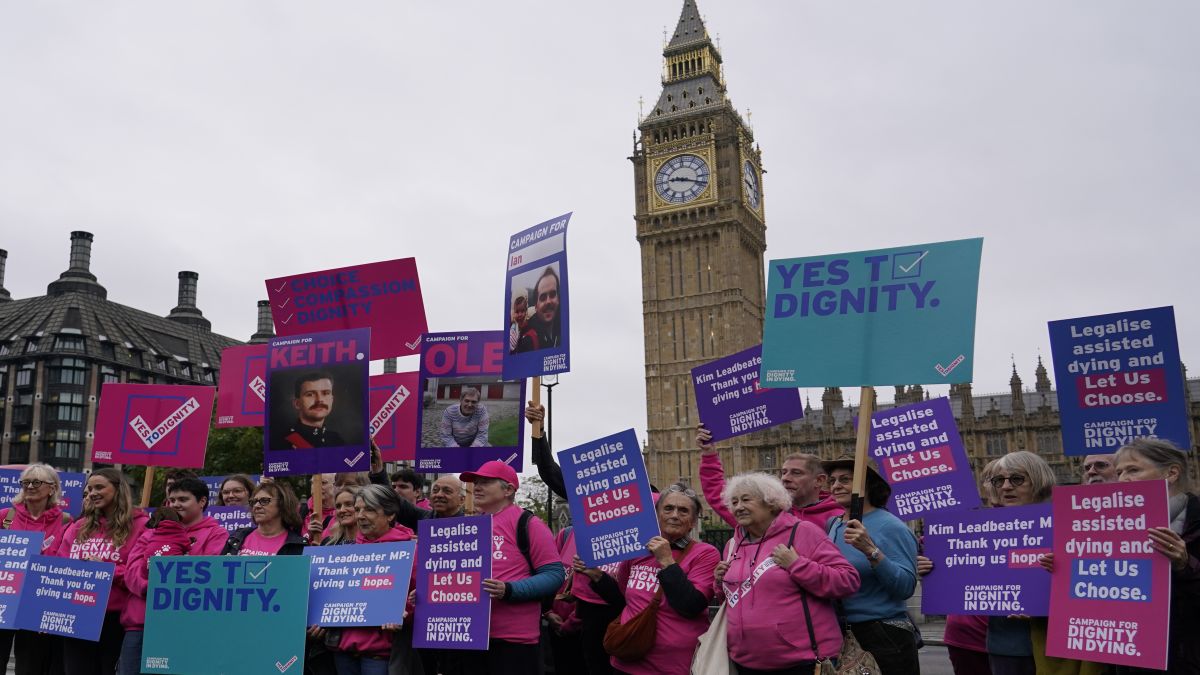)
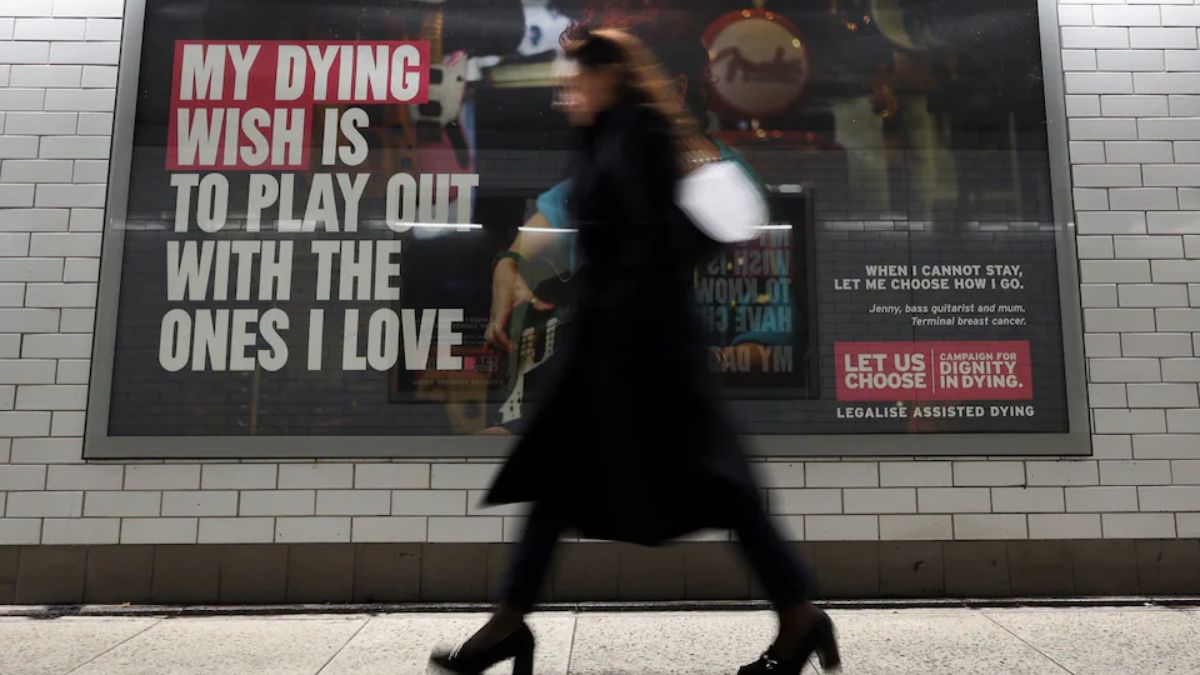)
